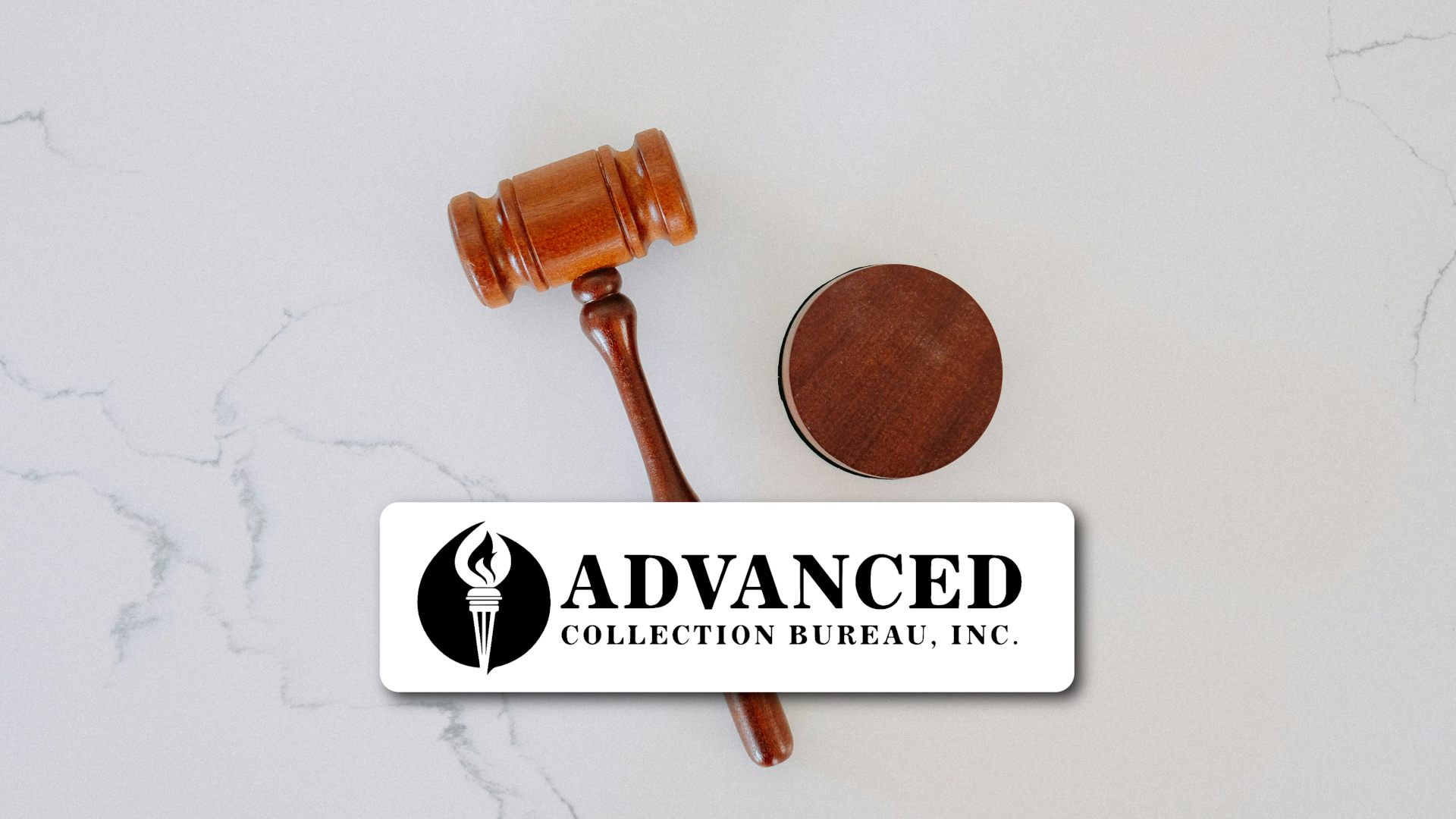Understanding the Post-Moratorium Eviction Landscape
The eviction moratorium has been a major point of discussion in recent years, affecting both landlords and tenants across the country. Originally introduced as an emergency measure to prevent mass displacement during uncertain times, it has had lasting implications on the rental market.
For landlords, the inability to evict non-paying tenants led to significant financial strain. For tenants facing hardship, these protections provided crucial support to remain housed. Now that many moratoriums have expired or been modified, understanding how the legal landscape has shifted is critical for both parties moving forward.
What Is an Eviction Moratorium?
An eviction moratorium is a temporary suspension of evictions enacted by federal, state, or local governments—typically during economic or public health emergencies. These measures were designed to prevent a surge in homelessness by giving tenants time to stabilize financially.
During the peak of the COVID-19 pandemic, the CDC issued a federal moratorium halting evictions for non-payment of rent. States also enacted their own rules, many of which extended beyond the federal provisions.
Although the federal moratorium has ended, some local protections remain in effect. This makes it vital for both tenants and landlords to stay informed on current laws in their area.
How the Eviction Moratorium Affected Landlords
Landlords bore the brunt of the financial burden during the eviction freezes. Many were unable to remove non-paying tenants, forcing them to absorb the losses or turn to delayed rent relief programs.
Even when eviction was legally permitted, court backlogs created extended delays. Some tenants exploited the protections, refusing to pay rent despite having the means to do so. In these cases, landlords had no recourse but to wait.
Now, as moratoriums lift, landlords have more legal options—but they still face the challenge of recovering unpaid rent and navigating the proper legal steps. A key part of that process includes issuing a compliant eviction notice using a legally sound Eviction Letter Template.
What Tenants Need to Know
While the moratorium provided temporary relief, many tenants are now dealing with the consequences of accumulated back rent. Landlords may be open to negotiating payment plans, but others are initiating eviction and collection efforts.
Tenants who received rent assistance during the moratorium should know that they may still face eviction if they’ve fallen behind since. A formal eviction can lead to long-term credit issues and difficulties securing future housing.
Tenants should stay proactive—communicating with landlords, researching available assistance, and understanding their rights. If an eviction notice is issued, it's important that both parties refer to a standardized and accurate Eviction Notice Template PDF to ensure compliance.
Steps Landlords Can Take to Recover Lost Rent
With most moratoriums lifted, landlords can now:
- Negotiate Payment Plans – Work with cooperative tenants on a structured repayment schedule.
- File for Eviction – When necessary, initiate legal proceedings using a clear, compliant Eviction Notice Template.
- Hire a Debt Collection Agency – Work with a professional agency like Advanced Collection Bureau to recover past-due rent.
- Report Rental Debt – Notify credit bureaus of unpaid rent to affect a tenant’s credit profile.
Professional debt collection services help ensure compliance with regulations while improving the likelihood of recovering lost income.
Moving Forward in a Post-Moratorium Market
The rental market is still stabilizing in the wake of eviction moratoriums. While the protections have shifted, the need for clarity, legal compliance, and communication has never been more important.
For landlords struggling with unpaid rent, Advanced Collection Bureau offers expert debt recovery services tailored to the rental industry. We can assist in recovering balances efficiently and legally—minimizing risk and maximizing returns.
To learn more about how we can support your collection efforts, visit Advanced Collection Bureau.












